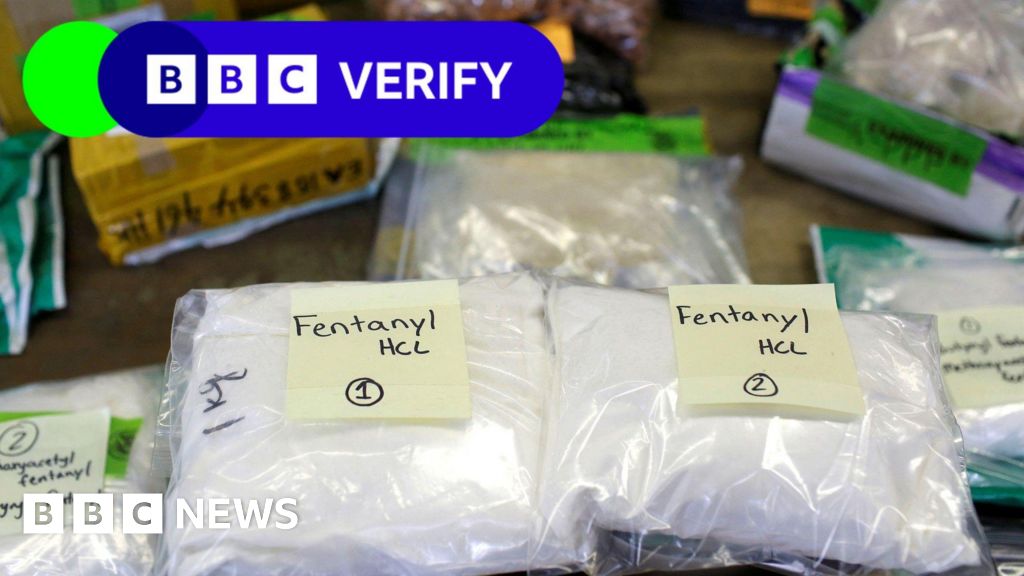The first phase of the clinical program in Uganda involves contacts of a nurse who died in the latest outbreak, according to the WHO
Uganda has begun testing a vaccine against the Sudan Ebola Virus Disease (SUDV), which has killed one person and infected two others in an outbreak in the East African country.
In a press release on Monday, the World Health Organization (WHO) said the vaccine developed by the International Aids Vaccine Initiative (IAVI), a New York-based non-profit research firm, has been administered to the first clinical study participants.
The trial at the Makerere University Lung Institute in Kampala, the country’s capital, is the first to assess the efficacy of a vaccine against the Sudan variant of Ebola, the UN health agency has stated.
Uganda’s Health Ministry is partnering with the WHO and other groups on the vaccination program, which targets health workers and people who have been exposed to the virus. According to the global health organization, 40 contacts of the first victim of the outbreak will be vaccinated during the current phase of the rollout.
“This is a critical achievement towards better pandemic preparedness, and saving lives when outbreaks occur,” WHO Director-General Dr. Tedros Adhanom Ghebreyesus said.
“If proven effective, the vaccine will further strengthen measures to protect communities from future outbreaks,” WHO director for Africa, Matshidiso Moeti, also wrote on X on Monday.
Ebola is a hemorrhagic fever transmitted through contact with infected bodily fluids and tissues. Symptoms include fever, fatigue, muscle pain, headache, sore throat, vomiting, diarrhea, rash, and internal or external bleeding.
According to the WHO, the Sudan variant of the disease is severe and kills at least 40% of infected persons.
The Ugandan Health Ministry reported on Thursday that a 32-year-old male nurse died at a hospital in Kampala after experiencing multiple organ failure due to the highly contagious virus.
The latest outbreak is Uganda’s sixth SUDV incident, with the death being the country’s first confirmed Ebola fatality since 2023. The country’s last major epidemic was recorded in September 2022 in Mubende district, which was officially declared over after four months.
Rospotrebnadzor, Russia’s human welfare watchdog, announced on Friday that it has informed Kampala that it is willing to assist with an epidemiological investigation and anti-epidemic measures against the disease.
Russia previously delivered a mobile laboratory to the landlocked country to allow for rapid laboratory diagnosis of dangerous infectious illnesses last year.

 2 hours ago
3
2 hours ago
3








